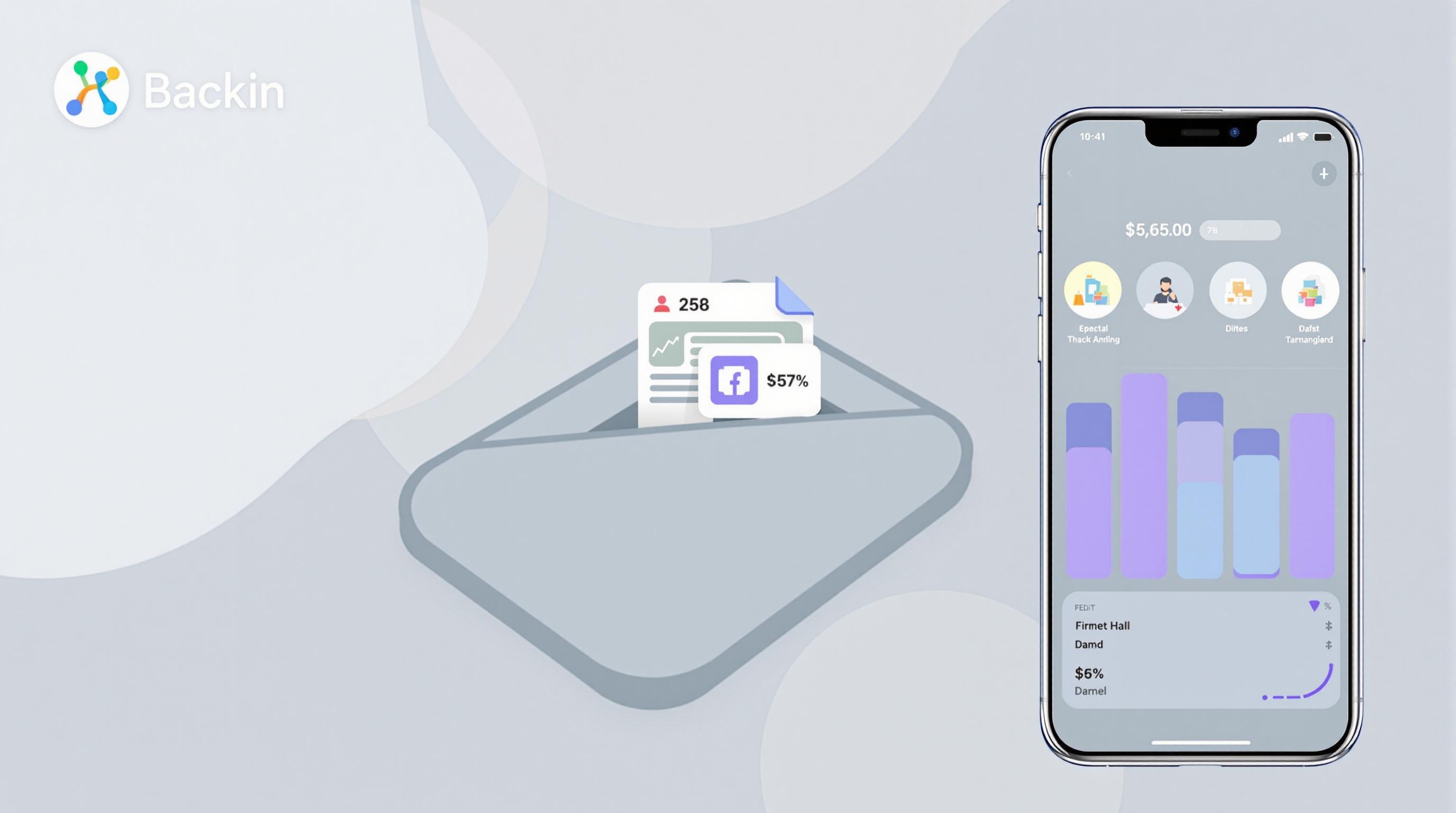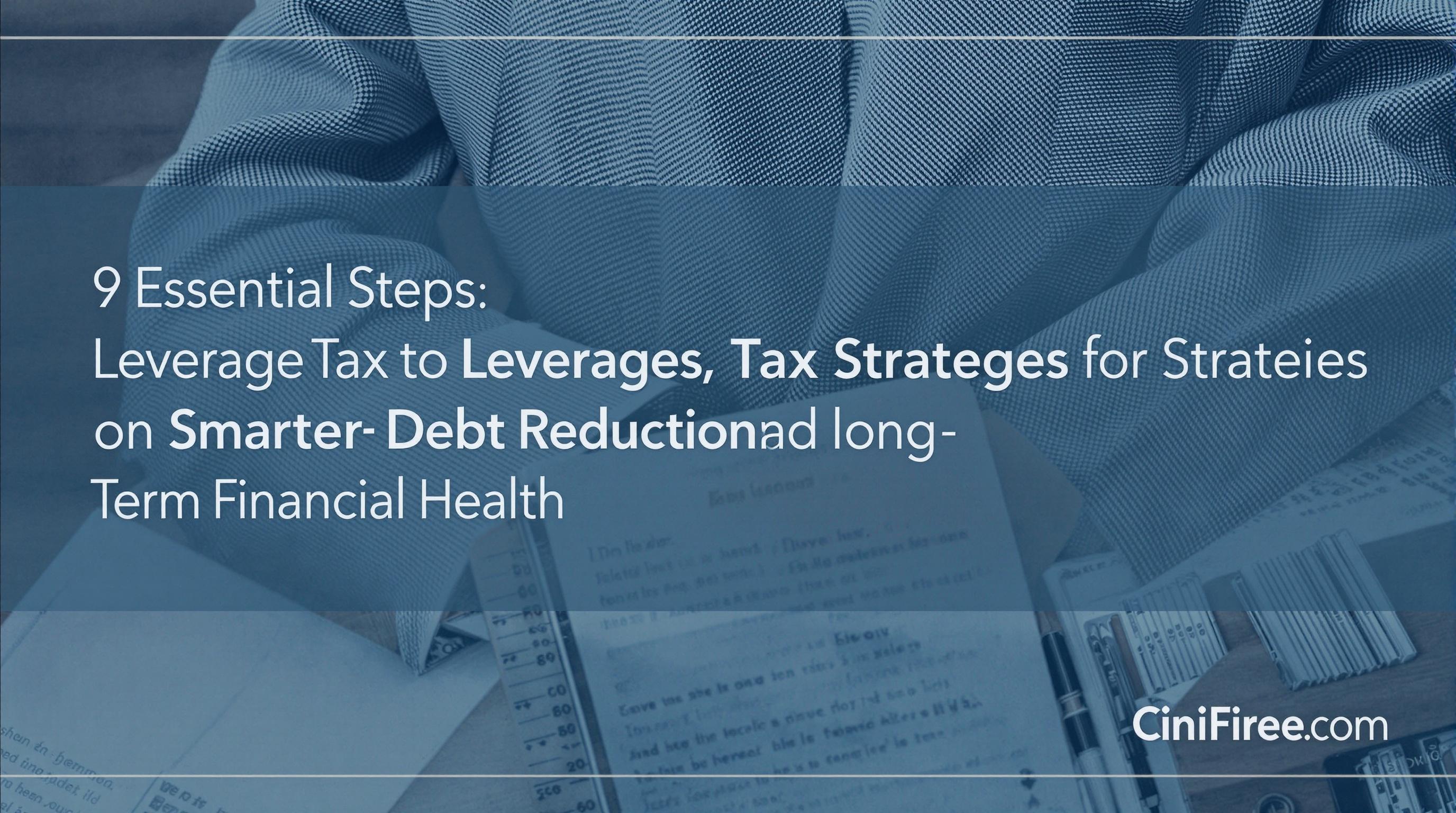Featured Articles
- 9 Essential Steps to Leverage Tax Strategies for Smarter Debt Reduction and Long-Term Financial Health
- Beyond Budgeting: The Surprising Role of Minimalism in Effective Debt Management
- "Debt Management in the Age of AI: Can Algorithms Help You Break Free from Financial Chains?"
- Harnessing the Power of Mindfulness: A Revolutionary Approach to Debt Management and Financial Freedom
- The Psychology of Debt: How Emotional Spending Fuels Financial Mismanagement
The Psychology of Debt: How Your Mindset Shapes Financial Choices and Repayment Success
The Psychology of Debt: How Your Mindset Shapes Financial Choices and Repayment Success
The psychology of debt is a complex interplay between mental attitudes and financial behaviors that can profoundly influence repayment success. By understanding the underlying motivations and emotional reactions tied to debt, individuals can forge healthier financial paths and avoid the pitfalls common in today's consumer-driven society.
Understanding Debt: The Innocent Beginnings
Debt isn't inherently evil; in fact, it often begins innocently. Picture a college student, let's call her Sarah. Eager to enhance her prospects, she takes on student loans, thinking it’s a necessary investment in her future. According to the Federal Reserve, student loan debt has ballooned to over $1.7 trillion in the U.S., affecting over 44 million borrowers. But as Sarah graduates and faces the reality of repayment, she becomes overwhelmed, and her mindset shifts from optimism to anxiety.
The Weight of Numbers: How Statistics Influence Us
Here’s a cold, hard fact: roughly 80% of Americans live paycheck to paycheck, and this reality skews their relationship with debt (CNBC, 2021). When you’re constantly worried about where your next dollar will come from, debt can quickly become a heavy burden. But it’s interesting to note that people with a more optimistic or proactive mindset often report feeling more control over their financial situations, thereby reducing the stress associated with debt.
The Mindset Shift: From Despair to Empowerment
Consider David. At 32, he found himself drowning in credit card debt, feeling as if he was in a tunnel with no way out. But after attending a financial counseling session, he learned about the power of mindset. Instead of viewing his debt as a failure, he began to see it as a challenge to overcome. This change in perspective made all the difference, allowing him to actively seek solutions instead of wallowing in despair.
Success Stories: How Mental Resilience Leads to Repayment
Let’s dive into a success story: Jane, who tackled her $50,000 in debt through sheer determination. She devised a straightforward plan by cutting expenses and creating a repayment schedule. By tracking her progress weekly, she developed a sense of achievement that became addictive. Jane became so focused on her goals that with each payment, her emotional attachment to debt transformed from despair to empowerment.
Debt and Its Emotional Toll
Emotions play a crucial role in our financial decisions. Anxiety, guilt, and shame often accompany those in debt. According to a study published in the Journal of Consumer Research, individuals emotionally affected by their debt are less likely to seek help or develop effective repayment strategies (Friedman & Rosen, 2018). It’s crucial to acknowledge these emotions and understand that they can cloud judgment and lead to detrimental choices—like missing payments or accumulating additional debt.
The Casual Conversation: Friends and Finances
While we can often feel isolated in our financial struggles, it’s essential to talk openly about debt with friends and family. A “money talk” could be as relaxed as over coffee. You’d be surprised—others carry similar burdens and might share helpful tips. In fact, research suggests that seeking social support can significantly reduce financial stress (American Psychological Association, 2020). So, grab a latte and chat about those mounting bills!
The Persuasive Power of Goal Setting
When it comes to debt repayment, setting specific, measurable goals can reduce the emotional weight of debt. Think about it: instead of saying “I want to pay off my credit card,” try “I will pay off $500 by the end of the month.” This change in focus becomes a challenge to conquer rather than a looming specter of dread. With every goal achieved, it builds momentum and bolsters confidence, making the journey less intimidating.
A Humorous Dash: Debt in the 21st Century
Debt may feel cosmic, but let’s take a moment to laugh at the absurdities it can bring. Ever found yourself staring at the receipts, thinking, “This burrito is weighing heavier on my soul than on my stomach”? It’s a relatable sensation! Humor can be a powerful tool in coping; it lightens the emotional load and creates an opportunity to shift our perspectives. After all, if you can laugh about it, aren’t you already on the road to recovery?
Understanding Behavioral Biases: A Closer Look
The psychology behind debt also involves behavioral biases that can lead to poor financial choices. One such bias is hyperbolic discounting—where individuals prefer smaller rewards sooner rather than larger rewards later. For instance, when faced with debt repayment versus buying the latest gadget, many opt for instant gratification. This fundamental psychological quirk can exacerbate debt situations. Strategies like using commitment devices can help by creating barriers to impulsive spending (Ariely & Wertenbroch, 2002).
Case Study: The "Debt Snowball" Method
Meet Joshua, who, overwhelmed with $30,000 in debt, turned to the "debt snowball" method—a strategy advocated by financial expert Dave Ramsey. Joshua began by focusing on the smallest debt first, which gave him quick wins and built confidence. As he tackled debts, he felt a surge of motivation to continue. It was as if he had transformed his financial situation into a snowball rolling downhill, picking up speed and strength with each payment. Tapping into that psychology was fundamental to his success.
The Pressure of Societal Standards
Modern society places immense pressure on individuals to maintain a certain lifestyle, often leading to unnecessary debt. Advertisements, social media, and peer influences can create a sense of inadequacy, fueling financial decisions made out of fear rather than necessity. According to a survey by Experian, 61% of U.S. consumers wish they had learned more about responsible spending in school. This highlights the importance of financial literacy as a mechanism to combat these fabricated societal pressures.
The Road Ahead: Building a Positive Mindset
As we navigate our relationship with debt, it is vital to cultivate a positive mindset. Techniques such as mindfulness meditation can promote emotional well-being and enhance decision-making abilities when it comes to personal finance. A study in the journal Psychological Science reveals that practicing mindfulness helps individuals resist impulsive spending and enhances overall financial management (Haws, Winterich, & Naylor, 2010). Developing a habit of reflective spending—not merely reacting to marketing messages—can lead to healthier long-term financial choices.
The Takeaway: Empowerment Through Knowledge
In conclusion, understanding the psychology of debt is essential for effective financial management and repayment success. By shifting our mindset, embracing community discussions, leveraging effective strategies, and focusing on goal-setting, we can take back control. Each individual’s journey is unique, but the insights gleaned from the intersection of psychology and finance can serve as invaluable roadmaps. Whether you’re 16 or 70, taking charge of your mindset lays the foundation for healthier financial futures. So the next time you glance at your debt, remember: it's just a number that doesn't define you—but your mindset does!




